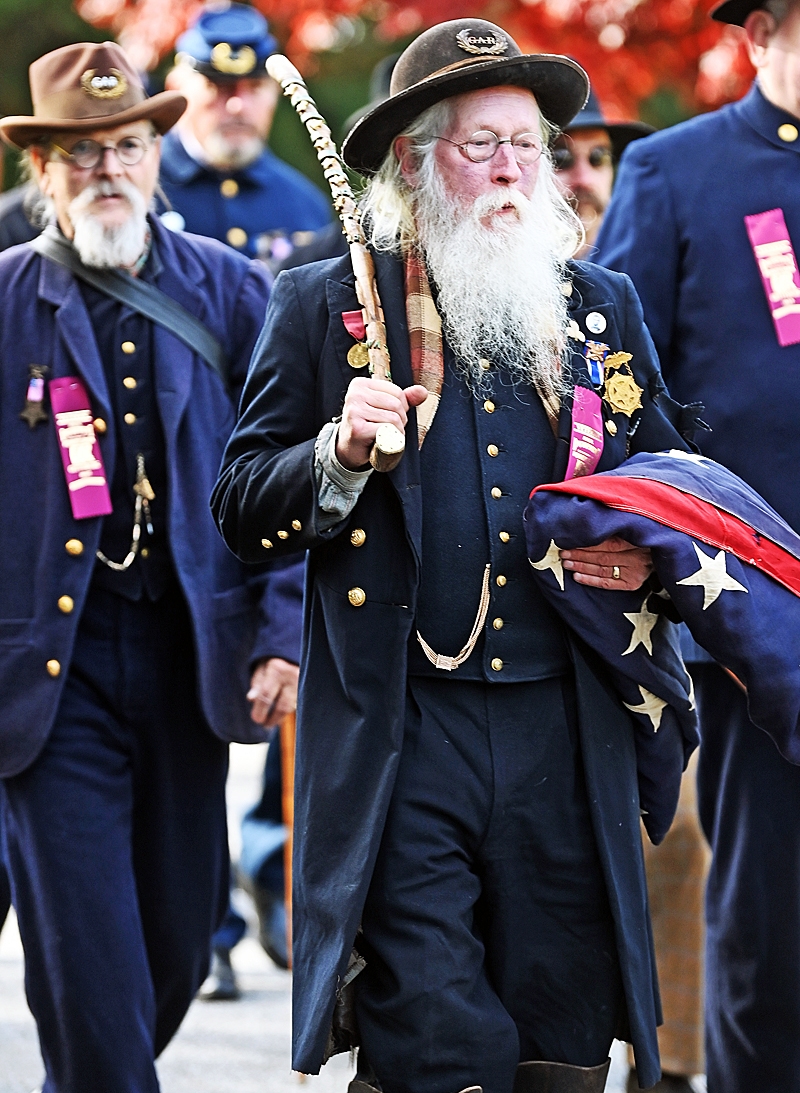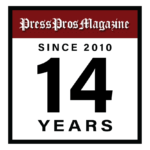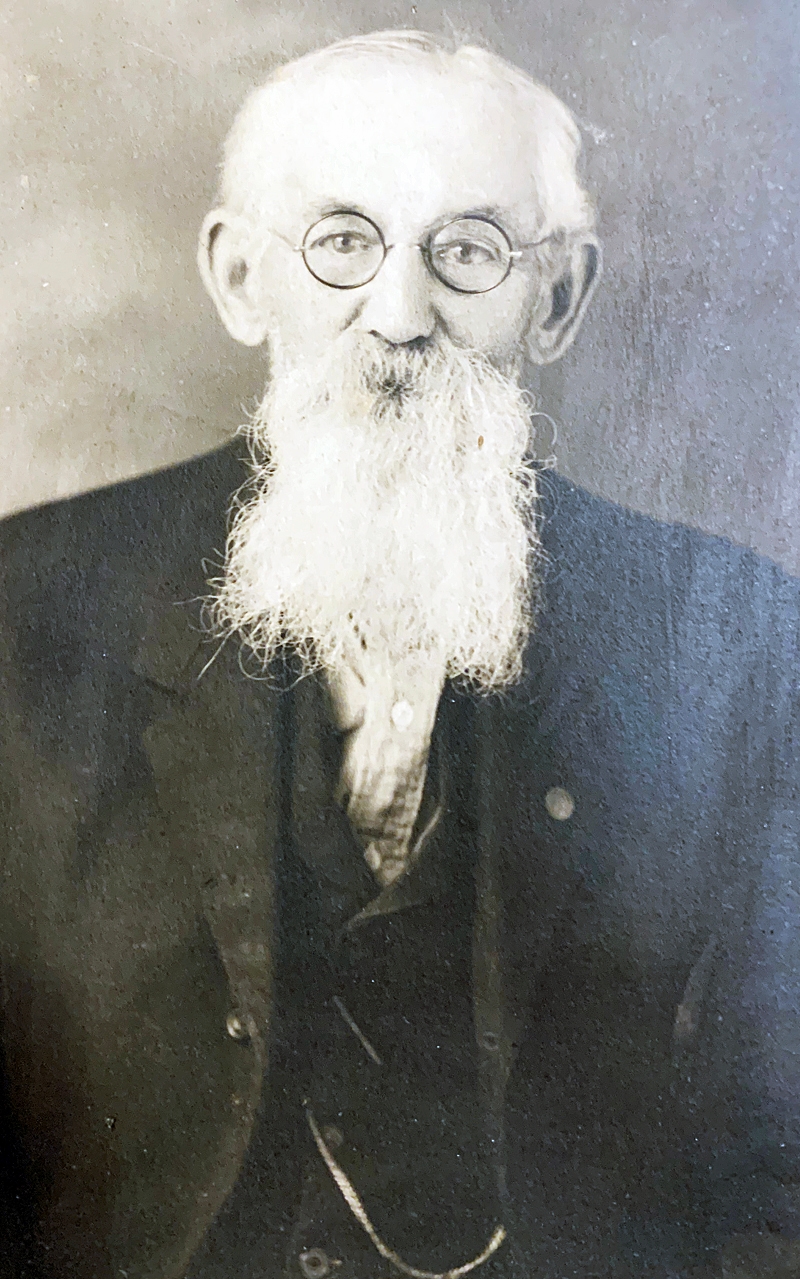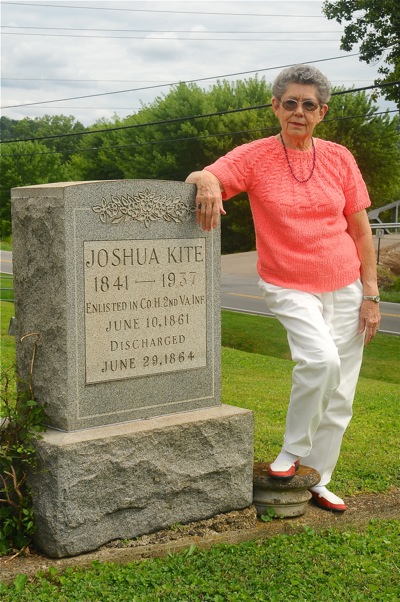
The generation that sill hears the guns…comes out each year to commemorate those who fell in the Civil War for the sake of the Union. (Press Pros Feature Photos)
A hundred and sixty one years after the great Civil War to preserve the American union, the modern populous could not be more different than that of the 19th century…for their willingness then to put nation over all other, and fight to the death in order to as Lincoln said, “that a nation of the people should not perish from the earth.”
 For the 4th of July, I’m going to share some thoughts about what I observe regarding independence now, as compared to what people thought about independence one hundred and sixty years ago.
For the 4th of July, I’m going to share some thoughts about what I observe regarding independence now, as compared to what people thought about independence one hundred and sixty years ago.
 A hundred and sixty years, of course, would take us back to the 19th century and the great American civil War, from 1861 through 1865, costing America more than 650,000 lives on both sides, Confederate and Union. In fact, this weekend marks the anniversary of the battle of Gettysburg, the largest military action ever taken on the North American continent. You want figures? There were 56,000 casualties at Gettysburg in a span of just three days. A century later it took ten years of the Vietnam war to amass that many deaths.
A hundred and sixty years, of course, would take us back to the 19th century and the great American civil War, from 1861 through 1865, costing America more than 650,000 lives on both sides, Confederate and Union. In fact, this weekend marks the anniversary of the battle of Gettysburg, the largest military action ever taken on the North American continent. You want figures? There were 56,000 casualties at Gettysburg in a span of just three days. A century later it took ten years of the Vietnam war to amass that many deaths.

Editor/publisher Sonny Fulks is the photo editor and contributing columnist to Gettysburg Magazine, published by University of Nebraska Press.
These were people who willingly put their lives on the line because they felt the survival of their country, or cause, right or wrong, was at stake. And frankly, at that time most Americans felt that independence was worth more than anything they had monetarily. Just a hundred years removed the the Revolutionary War, servitude to a central authority was simply too reminiscent to the days of bowing to King George III and mother England.
You don’t feel that so much in 2024, not like you did in the 60s, or the 40s, or even at the turn of the 20th century when people lined up to go to Europe and fight World War I. Frankly, we had no skin in that fight, but there was the sense that liberation and freedom were worth fighting and dying for, regardless of where it led them.
Now, there’s more concern over who’s elected president, and a fear of one party exerting power over the other – that it might be the end of democracy. Of course the founding fathers took that in account when they devised the system of checks and balances through the three branches of government, so it’s not likely.
But people then were different. No excuses. If you wanted to eat you worked. If someone had more than you it was your fault, not theirs. Immigration came under incredible scrutiny. They waged war upon each other with a ferocity never before seen because the politicians told them it was for the sake of…unity.
A popular phrase in that day was, “Rich man’s war, poor man’s fight.” But, they did it, accustomed to hardship and death as part of everyday life. Life expectancy for men was rarely more than 40 years.

Union veteran Joshua Kite survived the great civil war and lived to tell about the cost of freedom…until 1937.
I’ll share with you a story of one of my ancestors, private Joshua Kite, who in 1861 walked from Ironton, Ohio to Parkersburg, West Virginia, along with other companions from Lawrence County to enlist in the Union army. Why Parkersburg? The enrollment rolls were all filled up and down the Ohio River and another state was his only option. West Virginia, at that time, was not part of the Confederacy, separate from Virginia, itself. Kite was 20 years old, a farmer on Rankins Creek, outside Chesapeake, Ohio, and would later tell an interviewer in 1915, “I enlisted in the 2nd Virginia (Union) because they were paying $18 a month. There was no way to make $18 at home.”
Mr. Kite fought in seven major battles during the war, including 2nd Manassas and the Wilderness Campaign of 1964. Wounded twice, he survived the war and delighted in sharing his experiences, including his wounds, with anyone willing to hear. One of those experiences was seeing a tent mate beheaded by a cannon blast from Stonewall Jackson’s artillery at the battle of the railroad cut, August, 1862, at 2nd Manassas. “Poor man,” he told the interviewer. “It didn’t seem like it was worth $18.”
But they did it, anyway.
Kite lived 72 years after the end of the Civil War, to the age of 95. My mother grew up around him and remembered him coming to family meals at her home on Sundays. He was her great uncle. And after a meal in 1937, he developed a cough, and died of cardiac arrest within hours.
He was buried in a bronze casket that he had paid for years earlier with his government pension. Dressed in full GAR garb, he was laid to rest in the Methodist Cemetery in Getaway, Ohio, as the oldest Civil War veteran in the county. My mother was 12 years old, and attended the funeral.
Some of his personal effects were left behind, but I’ve never personally seen them. When I visit his grave all I can think of was his blind willingness to die for something he might not have understood, like many other veterans, but it didn’t matter. He was willing to fight, anyway. He saw it as a noble cause.
Today, if history were to repeat itself, people wouldn’t fight a war like that with the kind of passion they had then. The remnants of battle are too grotesque, and yet, it’s all they knew. No one ever apologized for the Civil War. It was done to save the Union, while politicians now apologize for our standard of strength and commitment as if it’s something to be ashamed of.

My mother, pictured at the monument of her great uncle, Joshua Kite, a Civil War vet who died in 1937.
For years Gettysburg has commemorated its veterans by staging a grand Remembrance Day parade in November, on the weekend that Lincoln gave the address, with living historians from both sides, North and South. Many are quite old, and dress in that same Grand Army of The Republic (GAR) clothing that Joshua Kite took to his grave. Some are in their 90s, and pride in country, independence, and history motivates them. But it doesn’t motivate everyone.
Recently, one group or another has protested Remembrance Weekend, and the celebration of that generation and its veterans has slowly waned. The parade once took two hours to complete. Presently, it takes about 45 minutes.
There’s no shortage of opinions, and even at a place like Gettysburg you’ll find those who come out for the show, but admit that “there had to be a better way”. More than one believes that government ‘is’ our go-to now in tough times – that there’s no longer a need for fighting.
Still, they painfully admit, that once upon a time it was necessary to fight for the existence of that government – 18th, 19th, 20th century.
But not now.
Not for $18, or $1,800 dollars, or even ten times the price would that many people put their lives on the line as they did at Gettysburg. Too many factions, too many differing views, and too much individualism. There has to be a better way, despite Lincoln’s fear back then that a house divided could never stand. Now, we have no words, or leaders, like Lincoln!
But the fact remains that someone, and a lot of those someones have paid a price since 1776. The cemeteries are full (see the home page), as fallen proof, even as we lose appreciation.
On this weekend, the 161st anniversary of Gettysburg, take time to visit Arlington, one of the other national cemeteries, or any cemetery, and consider…independence then, and independence now!
And don’t forget the price.

